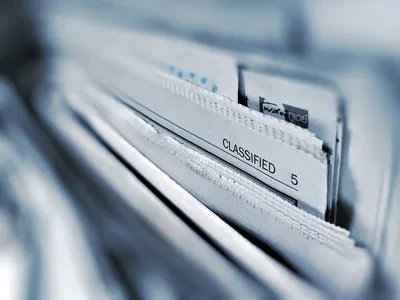Modern sewage treatment technology can be divided into primary, secondary and tertiary treatment according to the degree of treatment.
1. Primary processing
It is mainly to remove suspended solid pollutants in sewage. Most of the physical treatment methods can only complete the requirements of primary treatment. After primary treatment, BOD can generally be removed by about 30%, but it still does not meet the discharge standard. , is the preprocessing of the secondary processing.
2. Secondary processing
It is mainly to remove organic pollutants (BOD, COD substances) in colloidal and dissolved state in sewage, and the removal rate can reach more than 90%, so that organic pollutants can meet the discharge standard, and the removal rate of suspended solids can reach 95%. The effluent effect is good.
3. Tertiary processing
It is mainly to further treat refractory organic matter, phosphorus, nitrogen and other soluble inorganic matter that can lead to eutrophication of water bodies. The main methods are coagulation sedimentation method, biological denitrification and phosphorus removal method, activated carbon adsorption method, sand filtration method, electrodialysis method, ion exchange method, etc.




